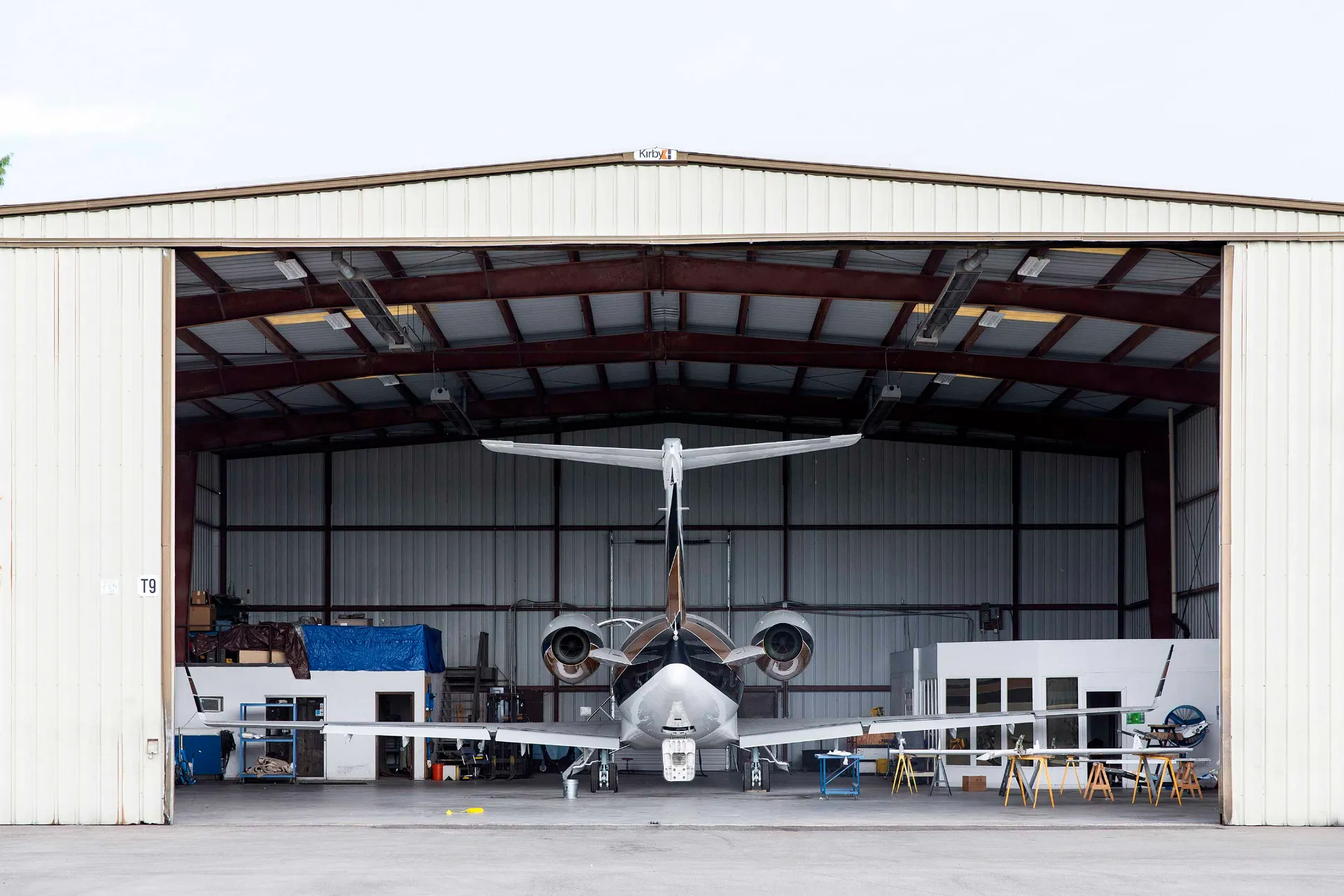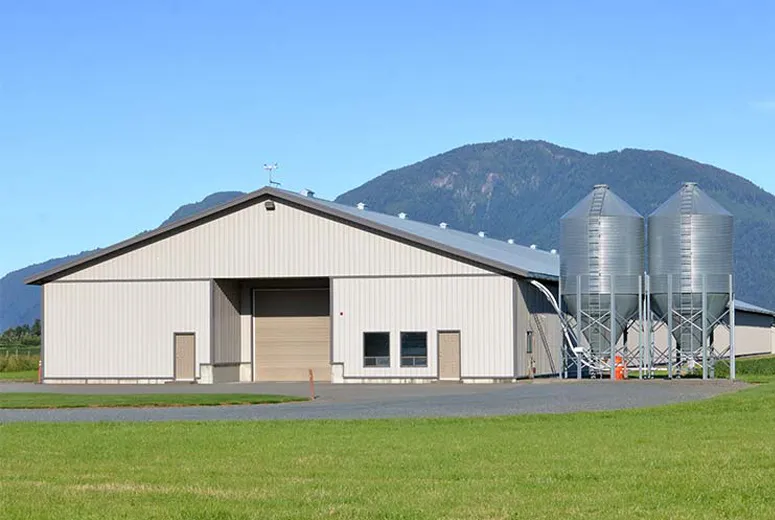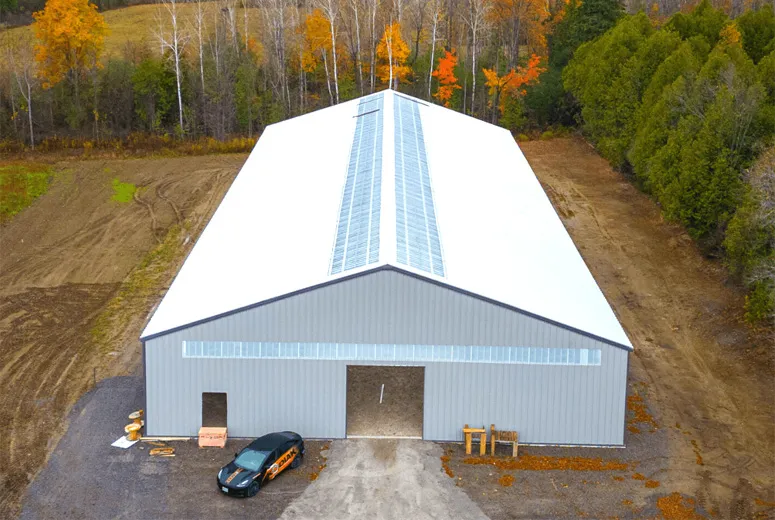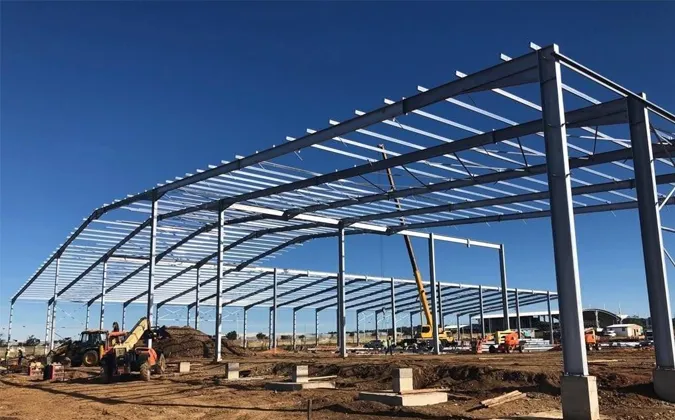- Afrikaans
- Albanian
- Amharic
- Arabic
- Armenian
- Azerbaijani
- Basque
- Belarusian
- Bengali
- Bosnian
- Bulgarian
- Catalan
- Cebuano
- Corsican
- Croatian
- Czech
- Danish
- Dutch
- English
- Esperanto
- Estonian
- Finnish
- French
- Frisian
- Galician
- Georgian
- German
- Greek
- Gujarati
- Haitian Creole
- hausa
- hawaiian
- Hebrew
- Hindi
- Miao
- Hungarian
- Icelandic
- igbo
- Indonesian
- irish
- Italian
- Japanese
- Javanese
- Kannada
- kazakh
- Khmer
- Rwandese
- Korean
- Kurdish
- Kyrgyz
- Lao
- Latin
- Latvian
- Lithuanian
- Luxembourgish
- Macedonian
- Malgashi
- Malay
- Malayalam
- Maltese
- Maori
- Marathi
- Mongolian
- Myanmar
- Nepali
- Norwegian
- Norwegian
- Occitan
- Pashto
- Persian
- Polish
- Portuguese
- Punjabi
- Romanian
- Russian
- Samoan
- Scottish Gaelic
- Serbian
- Sesotho
- Shona
- Sindhi
- Sinhala
- Slovak
- Slovenian
- Somali
- Spanish
- Sundanese
- Swahili
- Swedish
- Tagalog
- Tajik
- Tamil
- Tatar
- Telugu
- Thai
- Turkish
- Turkmen
- Ukrainian
- Urdu
- Uighur
- Uzbek
- Vietnamese
- Welsh
- Bantu
- Yiddish
- Yoruba
- Zulu
Sep . 05, 2025 11:22 Back to list
Air hanger buildings are specialized structures designed to store and maintain aircraft. These buildings are essential for both commercial aviation and private aircraft operations, providing a safe, secure, and efficient space for aircraft storage, maintenance, and repair. Unlike generic storage facilities, air hangers are engineered to accommodate the unique dimensions and weight of aircraft, with features like wide door openings, reinforced flooring, and high ceilings to ensure easy maneuvering and protection from external elements such as harsh weather, dust, and debris.
Air hanger designs vary significantly based on the type of aircraft they serve, with smaller models tailored for private planes and larger ones built for commercial jets
A compact Air hanger for small aircraft, such as single-engine propeller planes, typically has a width of 30 to 40 feet and a height of 12 to 15 feet, with a door system that slides or rolls open to save space. These hangers often include basic amenities like a small workspace for minor maintenance and storage shelves for tools and spare parts. In contrast, larger Air hangers for commercial airliners can span over 100 feet in width and 50 feet in height, with hydraulic or motorized doors that can open fully to accommodate the aircraft’s wingspan and tail height. The interior of such Air hangers may also feature advanced systems, including climate control to regulate temperature and humidity, which is crucial for preserving aircraft components.
Aircraft hangers are widely used in commercial aviation hubs, military bases, and private airfields, serving as critical infrastructure for aircraft operations
Commercial Aircraft hangers at airports are often part of a larger maintenance complex, equipped with heavy-duty lifts, fueling stations, and diagnostic equipment to handle major repairs and overhauls. Military Aircraft hangers, on the other hand, are designed with security in mind, featuring reinforced walls, restricted access points, and sometimes underground storage capabilities to protect aircraft from potential threats. Private Aircraft hangers, owned by individuals or small aviation clubs, are more modest in size but still prioritize convenience, with easy access to runways and nearby amenities for pilots and crew.
Air plane hanger structures are often confused with aircraft hangers, but while the terms are sometimes used interchangeably, Air plane hanger typically refers to facilities designed specifically for smaller, non-commercial aircraft like private planes or light sport aircraft. An Air plane hanger may be a standalone structure on a private airfield or part of a shared complex where multiple owners rent space. These hangers often have simpler designs than commercial Aircraft hangers, with basic ventilation and lighting, but they still provide essential protection against weather damage—such as hail, strong winds, and UV radiation—that can degrade an aircraft’s exterior and mechanical systems over time.
Air plane hangers can also be customized to meet the unique needs of individual aircraft owners
For example, an Air plane hanger for a vintage aircraft may include climate control to prevent rust and preserve delicate paintwork, while an Air plane hanger for a frequently used training plane might have a more open layout to allow for quick turnarounds between flights. Some Air plane hangers even integrate living spaces or offices, allowing owners to work on maintenance tasks while having easy access to rest areas or administrative facilities. This flexibility makes Air plane hangers a practical choice for private pilots who want to keep their aircraft in top condition while maintaining control over storage and maintenance schedules.
Aircraft hanger home is a unique concept that combines aircraft storage with residential living, catering to aviation enthusiasts who want to keep their planes close to home
An Aircraft hanger home typically features a large Air hanger section attached to a living space, with a connecting door or hallway that allows easy access between the two areas. The Air hanger part is designed to accommodate the owner’s aircraft, with sufficient space for storage and basic maintenance, while the living area includes bedrooms, a kitchen, and common spaces. These homes are often located on private airfields or in areas zoned for aviation-related residences, allowing owners to taxi their aircraft directly from the hanger to the runway. Aircraft hanger homes blend functionality with lifestyle, offering a one-of-a-kind living experience for those who are passionate about aviation.

In summary, Air hanger, Aircraft hangers, Air plane hanger, Air plane hangers, and Aircraft hanger home each serve distinct purposes in the aviation ecosystem, from commercial aircraft maintenance to private storage and even residential living. Air hanger remains the core structure, with variations tailored to aircraft size, usage, and owner needs—whether it’s a compact Air plane hanger for a private plane, a large commercial Aircraft hanger for airliners, or an innovative Aircraft hanger home that merges storage with daily living. These structures play a vital role in protecting aircraft, ensuring operational efficiency, and supporting the diverse needs of aviation professionals and enthusiasts alike. As aviation technology evolves, the design and functionality of these hangers will continue to adapt, reinforcing their importance in the world of aviation.
Aircraft Hanger FAQs
1. What are the primary functions of aircraft hanger buildings?
Aircraft hanger buildings provide a protected environment for the storage, maintenance, and repair of aircraft, shielding them from weather elements and unauthorized access.
2. How do aircraft hanger buildings accommodate different types of aircraft?
These structures are often designed with customizable clear-span interiors and large doors to accommodate various aircraft sizes, from small private planes to large commercial jets.
3. What design features make aircraft hanger buildings suitable for maintenance work?
They are typically equipped with high ceilings, robust structural frameworks, and ample space for maneuvering equipment, alongside utilities like compressed air, electricity, and ventilation systems essential for maintenance tasks.
4. Why are security considerations important in aircraft hanger buildings?
Security features such as access control systems, surveillance, and reinforced doors are crucial to protect valuable aircraft and equipment from theft, vandalism, or sabotage.
5. How do aircraft hanger buildings contribute to operational efficiency?
By providing a dedicated space near runways or taxiways, these buildings reduce aircraft turnaround times for maintenance and preparation, streamlining overall aviation operations.
-
Bolted Connections in Steel Frame Warehouse
NewsNov.17,2025
-
Hay Storage in Farm Metal Buildings
NewsNov.17,2025
-
Advantages of a Steel Portal Frame Shed
NewsNov.17,2025
-
The Erection Process of a Steel Building Hangar
NewsNov.17,2025
-
Energy Efficiency of Steel Dome Garage Kits
NewsNov.17,2025
-
Fire Resistance of Kit Metal Garages
NewsNov.17,2025
Products categories
Our Latest News
We have a professional design team and an excellent production and construction team.












